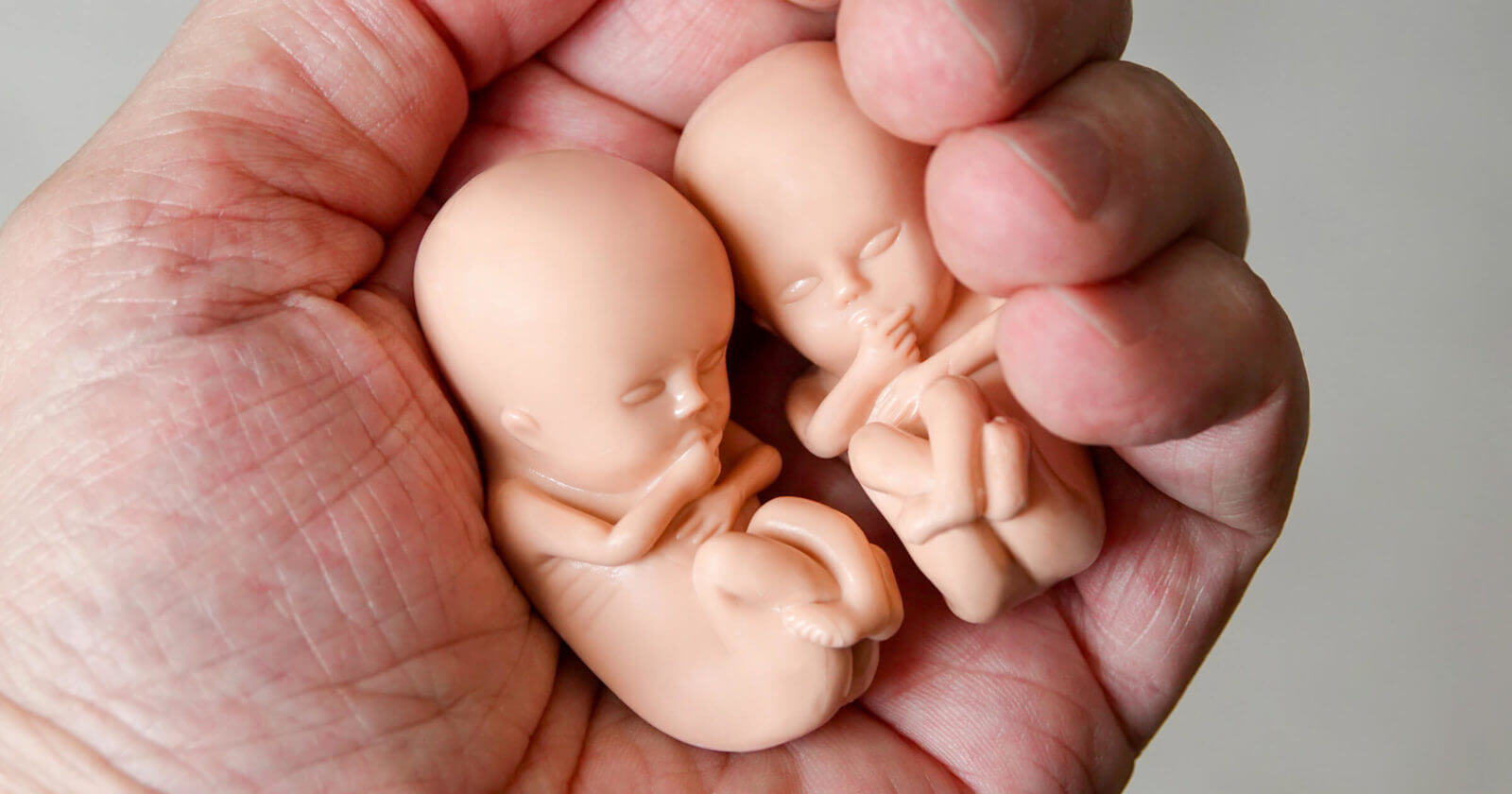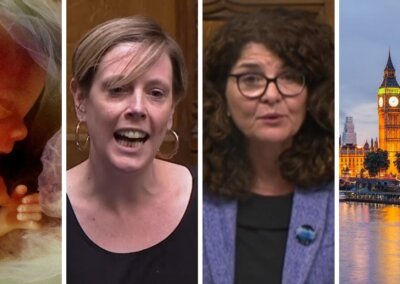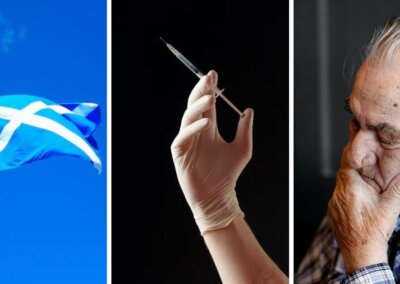This morning the abortion statistics for 2020 were released by the Department for Health and Social Care and show the highest number of abortions ever recorded in England and Wales, with 210,860 taking place in 2020, an increase of 1,341 from 2019.
This significant rise in abortions has accompanied Governments introducing a temporary measure in March 2020 allowing ‘DIY’ home abortions in England and Wales.
The figures from the Department for Health and Social Care show that a total of 210,860 abortions took place in 2020, in England and Wales, an increase of 1,341 abortions from 2019 when there were 209,519 abortions. 209,917 of these abortions were for residents of England and Wales, an increase of 2,533.
The statistics for 2020 also show a rise in repeat abortions from 83,624 in 2019 up to 87,926 in 2020, representing 4,302, or 5.14%, more repeat abortions than in 2019.
65 ‘selective termination’ procedures were performed, where a twin, triplet or more were aborted in the womb.
There were 3,083 disability-selective abortions in 2020. 693 of these abortions were due to babies with Down’s syndrome, an increase of 5.64% from 656 in 2019. There were also 35 abortions where the baby had cleft lip or cleft palate an increase of 105.88% from 2019.
Sadly, the figures for cleft lip and palate are likely to be higher, for example a 2013 review by Eurocat showed 157 babies were aborted with cleft lip and palate in England and Wales between 2006 and 2010. However, the Department of Health & Social Care (DoHSC) recorded only 14 such abortions.
The Department of Health and Social Care also reported that the number of abortions funded by the NHS performed by private abortion providers reached a record high of 161,314. This represents 77% of abortions, up from 74% in 2019. It also represents a 272.84% increase since 1999 when there were 43,266 performed by private providers.
Significant problems have arisen
A number of significant problems have arisen since ‘DIY’ home abortions were introduced.
According to a leaked “urgent email” sent by a regional chief midwife at NHS England and NHS Improvement on the “escalating risks” of ‘DIY’ home abortions, several women attended Emergency Departments for incidents including significant pain and bleeding, ruptured ectopics, and resuscitation for major haemorrhage. The email leak also revealed police opened a murder investigation into the death of a baby who they believe was born alive despite her mother taking ‘DIY’ home abortion pills.
A nationwide undercover investigation found evidence of abortion providers putting women at significant risk by not carrying out basic checks before sending them ‘DIY’ home abortion pills.
A spokesperson for Right To Life UK, Catherine Robinson, said: “It is a national tragedy that 210,860 lives were lost to abortion in England and Wales last year. Every one of these abortions represents a failure of our society to protect the lives of babies in the womb and a failure to offer full support to women with unplanned pregnancies”.
“Last year we came together as a nation and made great sacrifices to protect the vulnerable from COVID-19. Sadly, at the very same time as protecting one group of vulnerable people, we as a society have also ended thousands of young vulnerable lives through abortion”.
“This significant rise in abortions coincides with the temporary measures allowing ‘DIY’ home abortions in the UK. Since governments permitted ‘DIY’ home abortions, many stories of illegal late-term abortions and safety abuses have come to light. We are calling on the UK and Welsh Governments to end these ‘DIY’ home abortion schemes immediately”.












